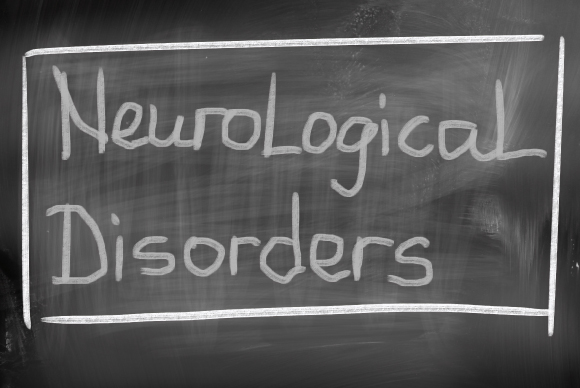
5 Most Common Neurological Disorders You Should Know
Neurological diseases are disorders of the central and peripheral nervous system. It includes the organs, namely, the brain, spinal cord, and autonomic nervous system, along with cranial and peripheral nerves. It can also include nerve roots, neuromuscular junction, and muscles in these regions. It requires extensive diagnosis and treatment from specialist neurologists.
Neurological disorders include a wide range of illness such as Epilepsy, Severe Headache, Parkinson’s Disease, Spinal Cord Tumor, Brain Tumors, Memory Disorders, Multiple Sclerosis, Stroke and many more.
Today, let’s list a few of them in details.
1. Dementia and Alzheimer’s
It is the condition in which the person loses the ability to think or recollect things on a regular basis. It imparts the memory and often can be seen as an inevitable process of old age. It also includes symptoms like language difficulties and change in behavior. This can lead to agitation, delusions, aggression that may also lead to emotional outbursts. In severe cases, the person might need help even for day to day activities like bathing and eating, etc.
2. Parkinson’s Disease
It is a group of disorders that affect the motor senses in the body. It projects symptoms like trembling of body parts like hands, legs, arms, face, and jaw. It can also lead to stiffness of limbs and posture instability, imbalance and lack of coordination while making movements. Parkinson’s Disease can onset after the age of 50, but it might happen to people even before that, depending upon case to case. Unfortunately, it is not possible to treat them completely, but it can be managed effectively with proper medicines and support.
3. Epilepsy
This is yet another type of neurological disorder that is caused by abnormally high electrical impulse into the brain. As a result, the body starts to have seizures. Seizures can be characterized by involuntary and abnormal, vibration-like movement of the body. The magnitude of such seizure can vary from minor, mild to major, thus the range of its treatment varies as well. It requires proper training of the family members for minor episodes, along with the promptness to avail treatment.
4. Stroke
Stroke is a severe condition that occurs when the blood vessels supplying oxygenated blood to the brain, bursts or gets clogged in between. As the brain gets starved of the oxygen and nutrients, it can undergo some severe damage and thus considered as a medical emergency and need intensive care at the earliest. Even after the critical hours as passed, it is crucial to undergo follow up to evaluate the cause of stroke and ensure a full recovery.
5. Multiple Sclerosis
This neurological disease counts as an autoimmune disease which damages the outer layer of the nerve cells. While this outer, protective layer gets damaged, it leads to nerve impairment and in turn, leads to several other diseases. Its treatment options include medicines to suppress the immune system and manage the symptom.
For these and more neurological condition, seek appointment from our neurologists at ILS Hospitals on time.

